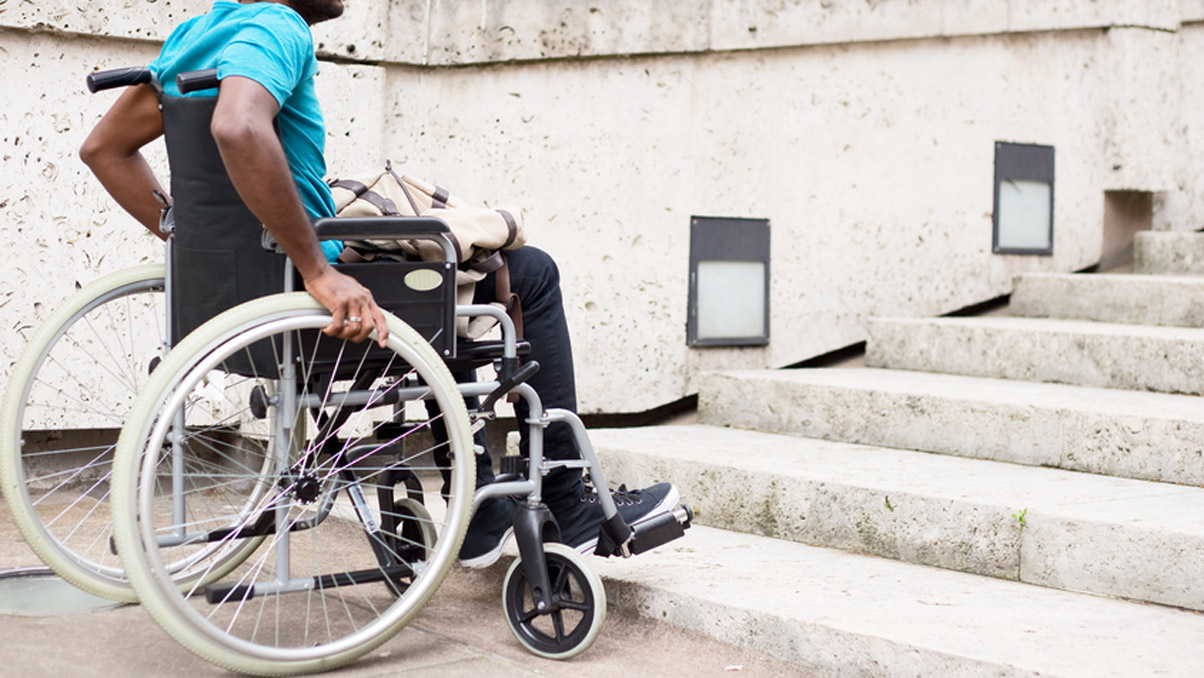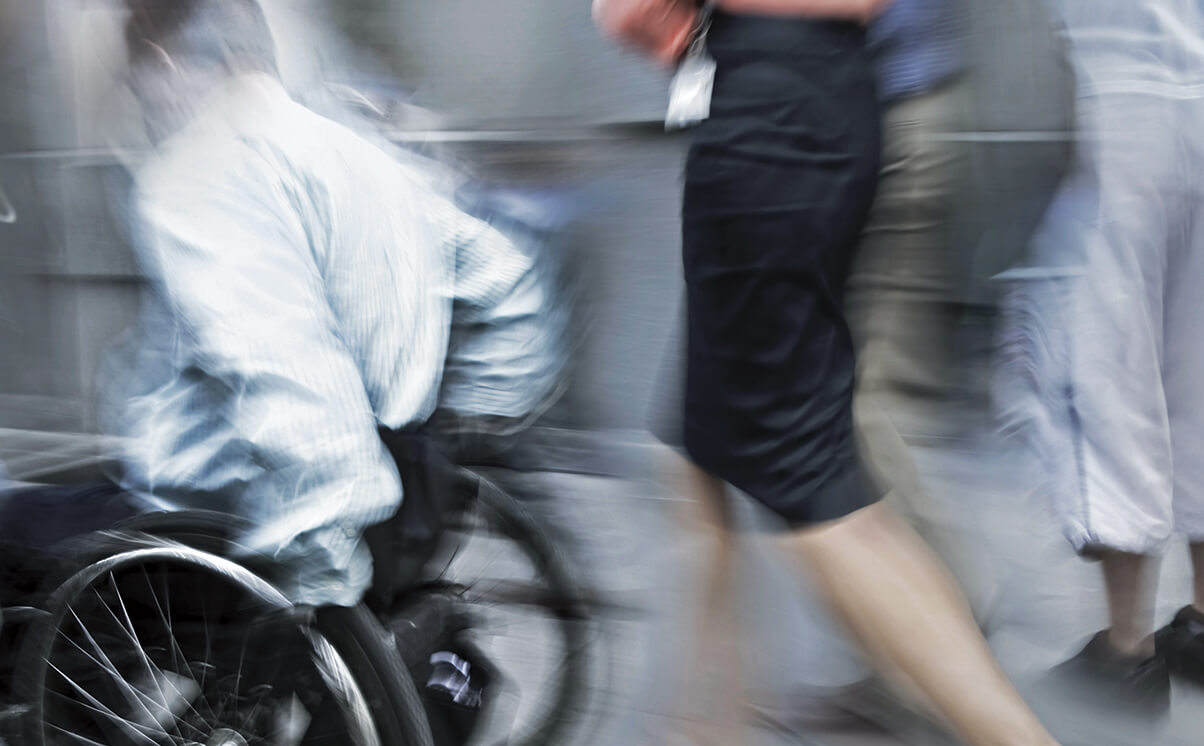While 31 January 2020 was hailed as ‘Brexit Day’, many legal changes affecting the UK’s relationship with the EU only came into effect on 1 January 2021, the day that marked the end of the UK’s transition period.
Brexit has undoubtedly left many of us in a state of uncertainty, especially EU and EEA nationals residing in the UK. Many are questioning, what does Brexit mean for me? Am I still entitled to claim welfare benefits?
As a part of the Legal Service, we assist patients following serious injury or illness. We frequently advise patients who rely on welfare benefits as a result of being unable to work due to sickness or disability or who wish to start a claim for these reasons. Below is guidance for EU and EEA nationals (including Swiss citizens) on how their right to claim welfare benefits has been impacted by Brexit and the ‘transition period’ coming to an end.
Can I stay in the UK after Brexit?
Access to welfare benefits in the UK is determined by the status of a resident. Until 31 December 2020, EU and EEA residents were protected by the Withdrawal Agreement, meaning they had the same rights to access welfare benefits as they did before Brexit.
To remain in the UK and continue to receive welfare benefits after this date, EU and EEA citizens were told to apply to the EU Settlement Scheme if they wished to continue living in the UK after 30 June 2021.
It is not too late to apply; the deadline for applying to the EU Settlement Scheme is 30 June 2021 and can be done online and free of charge. However, you must usually have started living in the UK by 31 December 2020.
A successful application under the EU Settlement Scheme will provide you with ‘pre-settled’ or ‘settled status’. Your status in the UK will determine your right to various benefits and the tests for entitlement that apply.
Pre-settled and settled status
EU and EEA nationals living in the UK for fewer than five years can apply for ‘pre-settled status’ as long as you moved to the UK before 31 December 2020. The requirements are easy to satisfy as you only need to prove you were resident in the UK for one day in the previous six months. You can stay in the UK for a further five years from the date you get pre-settled status and then apply to have this upgraded to settled status at the end of this period.
To claim most welfare benefits, you are required to have a ‘right to reside’ (see below). Importantly, if you successfully apply for settled status, you automatically have a right to reside and, therefore, you can apply for any welfare benefits given you satisfy other eligibility criteria. For some welfare benefits, you may need to show you are ‘habitually resident’ even if you have settled status to demonstrate that you intend to remain in the UK (see below).
If you only have pre-settled status, you normally need another ‘right to reside’ to apply for welfare benefits. Having said that, having pre-settled status alone will allow you to claim the following benefits without needing to also prove another ‘right to reside’:
- Attendance Allowance
- Carer’s Allowance
- Disability Living Allowance
- Personal Independence Payment
If you are asked to prove a ‘right to reside’ or that you are ‘habitually resident’ for a claim as outlined above, we have given an overview of these tests.
Right to reside
To satisfy this test, you can include evidence that you are working, have a family member in the UK who is working or that you are looking for a job. Even if you are unable to work due to injury or illness, you can prove a right to reside in the UK with ‘retained worker status’ as long as you can provide supporting medical evidence.
An example of proving a ‘right to reside’ is using ‘worker status’. This test will be satisfied if you earned an average of £166 a week for at least three months. If you earned less than £166, ‘worker status’ can be obtained using your employment contract to show your working hours. The most common way to show you have ‘worker status’ is by submitting a copy of your payslips.
If you started living in the UK on or after 1 January 2021, you do not have the ‘right to reside’ unless you joined a close family member with the right to reside in the UK who started living here before that date. As a result, you are unlikely to be able to claim UK welfare benefits unless you satisfy an exemption.
Habitually resident
To satisfy this test, you can provide documentation that your main home is the UK and that you plan to stay in the country. This document can include:
- A boarding pass from when you first arrived in the UK
- A tenancy agreement
- Wage slips
- Bank statements
- Bills with your name and address in the UK
Please note, you could only use the tests of entitlement alone to claim welfare benefits until 31 December 2020, now you must obtain pre-settled or settled status.
Summary
As you will see, the position for EU or EAA nationals can be complicated and varies depending on your personal circumstances and the benefit you are claiming or want to claim. If you are concerned about what you should do, you can seek advice regarding this from your local Citizen’s Advice Bureau.
The main points to takeaway are:
- Applications for pre-settled and settled status should be made before 30 June 2021
- Those with settled status will be able to claim all welfare benefits but may need to demonstrate they are ‘habitually resident’
- Those with pre-settled status will need to prove another ‘right to reside’ when they claim welfare benefits
- However, pre-settled status alone will be sufficient to apply for Attendance Allowance, Carer’s Allowance, Disability Living Allowance and Personal Independence Payment
This article was written by Senior Paralegal Shanice Browne and Paralegal Emily Charlesworth
The Legal Service – We are here to help
The Legal Service, delivered by our pro bono team, provides patients with advice without obligation, for however long it takes to resolve the issue. Our support is available regardless of the circumstances of an accident and regardless of whether a patient has a personal injury claim.
In these difficult times, the concerns of our pro bono clients are likely to be more stark than those in more fortunate circumstances. The Legal Service will be available throughout the crisis to help in any way we can to ease the burden on our clients.
To get advice from The Legal Service, please contact Kara Smith by phone on 020 7822 8000 or by email at ksmith@stewartslaw.com.
You can find further information regarding our injury expertise, experience and team on our Personal Injury pages.
Subscribe – In order to receive our news straight to your inbox, subscribe here. Our newsletters are sent no more than once a month.






